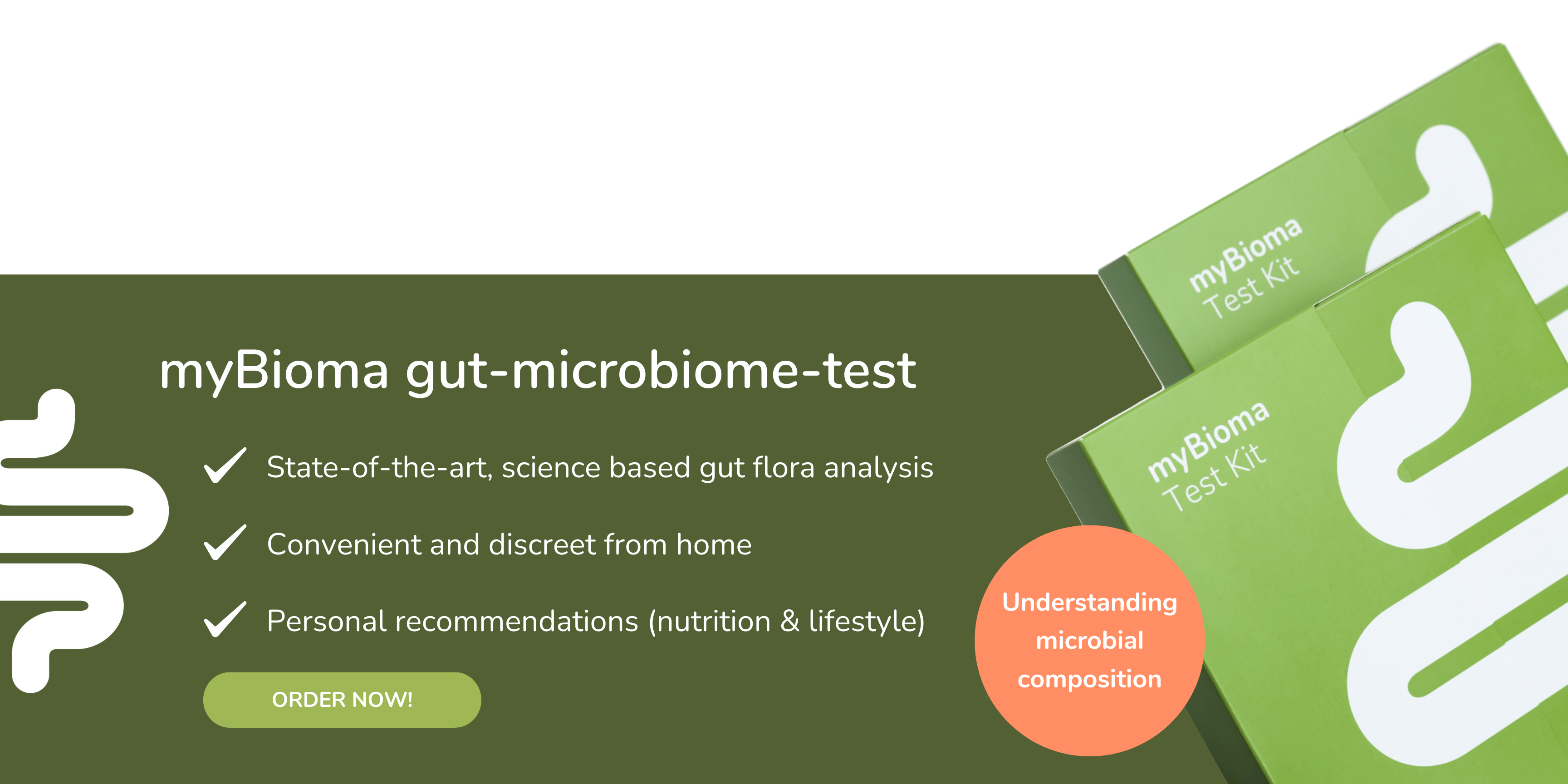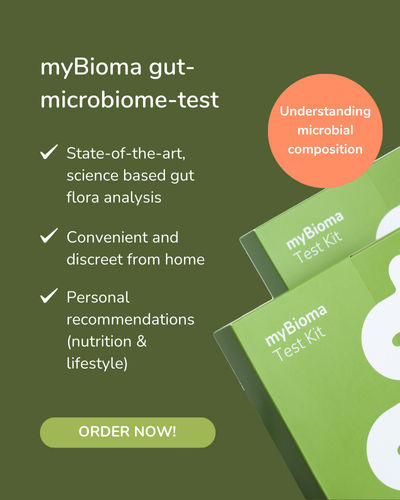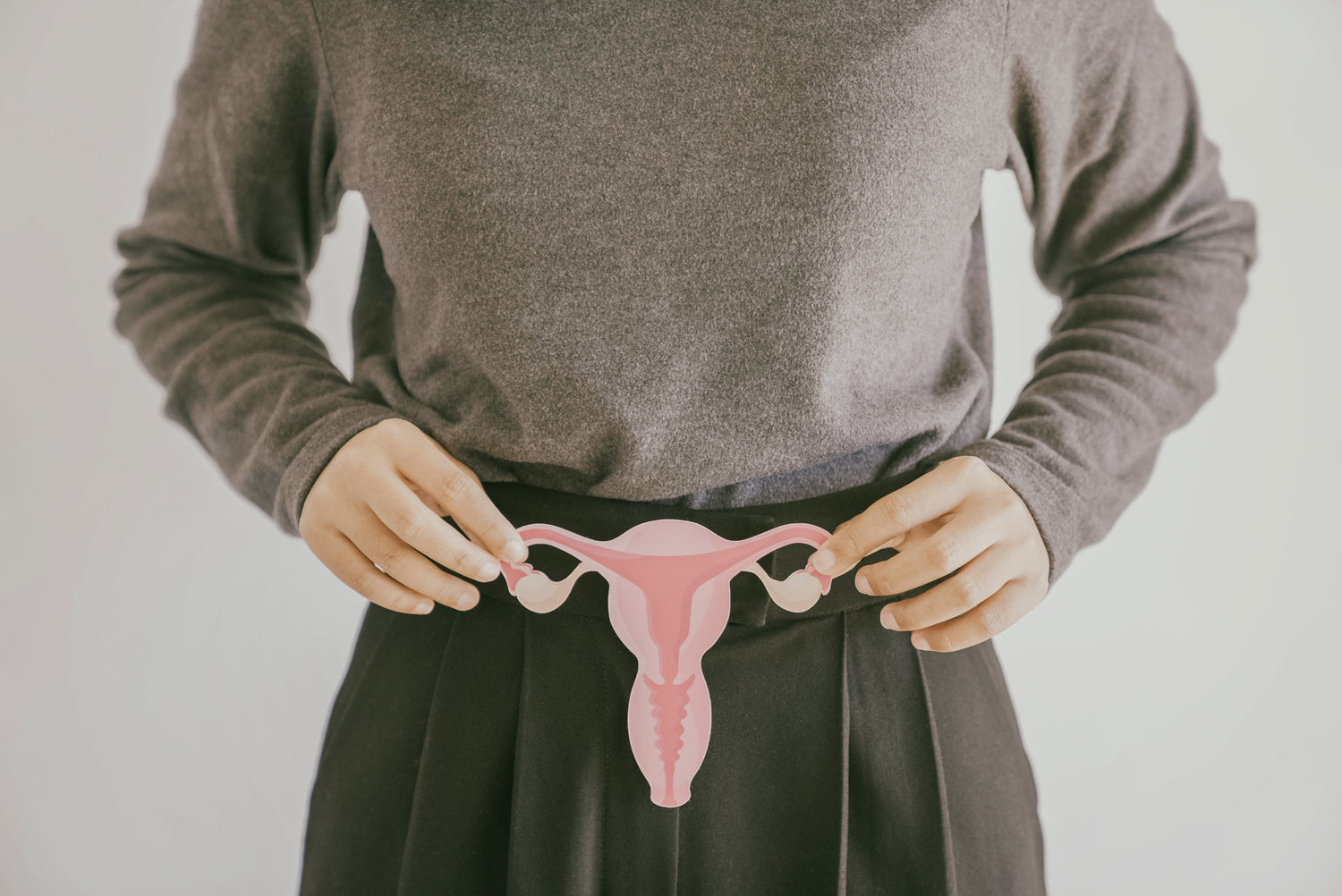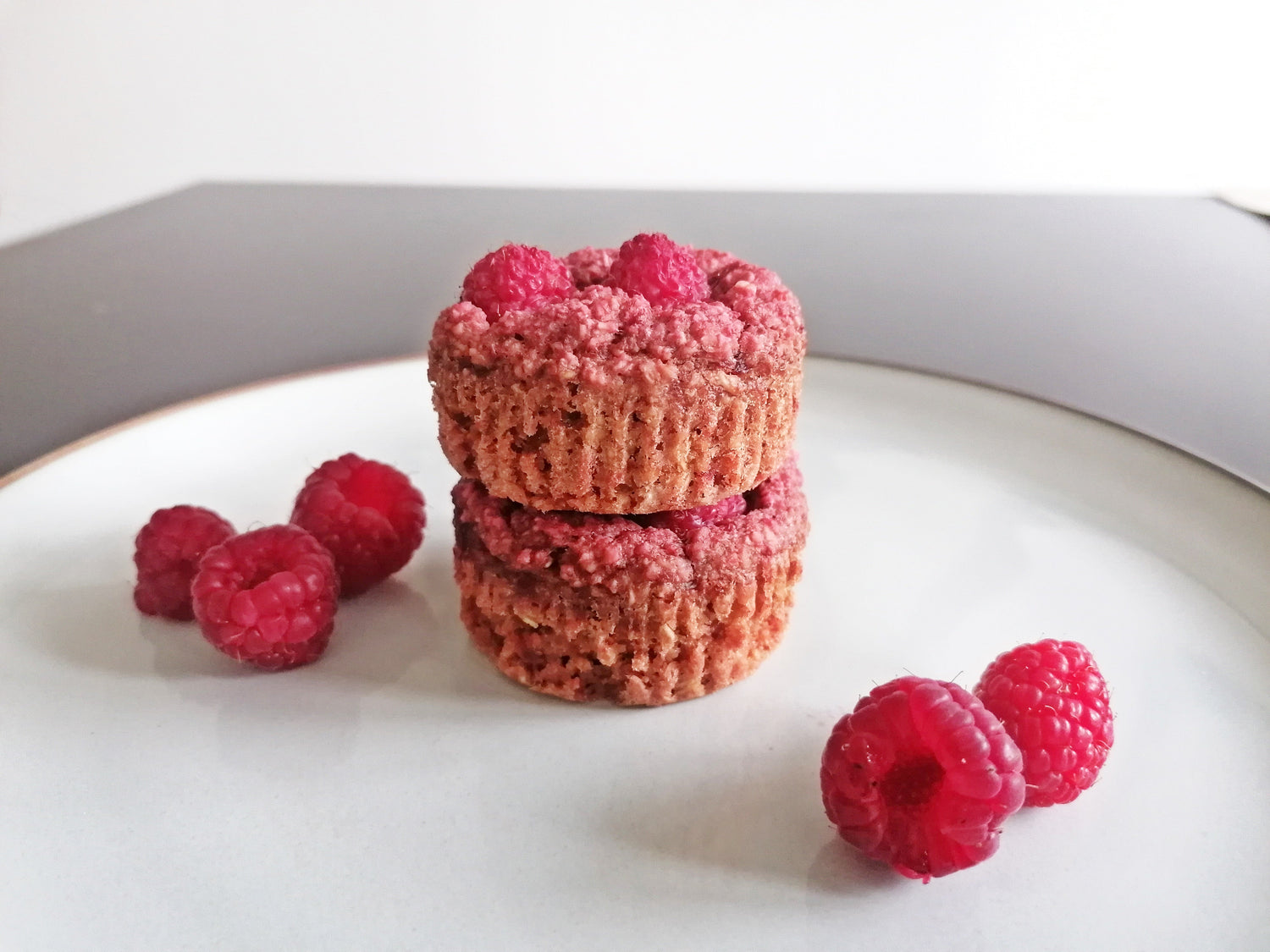On this special day meant to celebrate all mothers, there are countless things to be grateful to your mother for - on a biological level maybe even more than you think. While you received the most valuable gift from her, your life, she passed on to you not only genes but also various bacteria that contribute significantly to your health.
When does a microbiome form?
Soon after conception, a human embryo begins to form a remarkable organ that is critical to its survival. The placenta is both a lifeline and a sentinel: It carries oxygen, nutrients and immune molecules from the mother's bloodstream to her developing fetus, but it also serves as a barrier against infection. For more than a century, doctors have assumed that this ephemeral structure — like the fetus and the uterus itself — is sterile unless something goes wrong. However, this assumption is now increasingly being questioned: Could it be that the microbiome begins to develop in the womb?
Apparently the first bacteria are not only transmitted at birth
The dogma of the sterile uterus goes back to the French pediatrician Henry Tissier, who in the 19th century investigated how a baby comes into contact with bacteria for the first time. For this reason, it was also thought that babies born by cesarean section may have a disadvantage. After all, they do not come into contact with the valuable vaginal bacteria, which would otherwise form the first members of the body's future microbial community. More than 30 years ago, scientists found evidence that spoke against the dogma of the sterile womb. Scientists have found evidence of bacteria in the placenta, amniotic fluid and meconium - the tar-like first stool that forms in a fetus in utero. This has led some researchers to believe that the microbiome begins to develop before birth.
If this is true, and bacteria are a normal - perhaps even crucial - part of pregnancy, they could play an important role in shaping the developing immune system. Scientists could find ways to alter the microbial composition in the womb, potentially warding off allergies, asthma and other illnesses. They may also be able to uncover microbial profiles associated with preterm birth or other pregnancy complications, which could help clarify why they occur.
Research is just beginning to highlight the important role that the infant microbiome plays in various aspects of an infant's health, particularly the immune and metabolic function of the newborn.
However, further studies are necessary in the future to be sure that the human microbiome is created in the uterus.
One thing is certain: bacteria from the mother's microbiome lay the foundation for the colonization of bacteria in a baby, which eventually begins to resemble the microbiome of an adult around the age of three.
So this Mother's Day (and every day!), make sure to thank your mom for everything she gave you, including your bacteria, which play an important role in your health! Happy Mother's Day!
References
- https://www.nature.com/articles/d41586-018-00664-8
- https://www.frontiersin.org/articles/10.3389/fmicb.2019.01124/full







